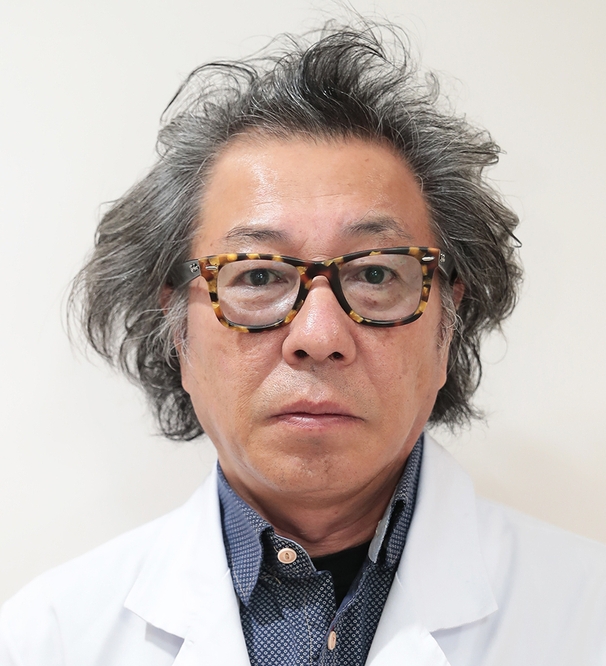
Patients with moderate to severe sleep apnea have an increased risk of up to 2.1 times

The Sleep Disorder Center at Korea University Ansan Hospital published a cohort study showing that sleep apnea is associated with arteriosclerosis, one of the predictive signs of heart disease, and that it affects various heart diseases.
Sleep apnea is a sleep breathing disorder in which breathing stops or decreases due to repetitive upper respiratory tract obstruction during sleep. It is known that about 15% of adults in Korea suffer from this symptom. Sleep apnea is known as a major risk factor for hypertension, diabetes, arteriosclerosis, stroke and cardiovascular disease. However, because it is a disease that occurs during sleep, it is not recognized that it is sleep apnea, or sleep apnea is not recognized as a disease.

Korea University Ansan Hospital Sleep Disorder Center and Respiratory Internal Medicine Professor Shin Cheol, Radiology Professor Ki-Yeol Lee, Human Genome Research Institute Soo-wool Kim Research Professor The joint research team conducted polysomnography and polysomnography for 2,157 adults participating in the Ansan Cohort among the recent Korean genome research projects Computed tomography (CT) examination of the chest revealed that patients with moderate to severe sleep apnea had a 1.6 times higher risk of ascending thoracic aorta calcification compared to normal subjects. In particular, patients with moderate to severe sleep apnea with a lot of epicardial fat increased the risk of sleep apnea with a higher risk of ascending thoracic aortic calcification by 2.1 times.
Professor Shin’s research team said, “Repetitive upper respiratory tract obstruction due to sleep apnea can have a variety of effects on the body, such as inflammatory and metabolic effects to increase blood pressure or maintain homeostasis. It can occur, and in particular, calcification of the ascending thoracic aorta can be considered a predictive indicator of atherosclerosis and cardiovascular disease.”
In addition, Professor Shin Cheol said, “Through various studies so far, it has been known that sleep apnea is related to chronic diseases such as cardiovascular disease, but there were still many patients who did not consider sleep apnea as a serious disease. He emphasized that it is important that many patients are aware of the risk of sleep apnea through the results of this study, so that they can be diagnosed as soon as possible through polysomnography and started active treatment such as CPAP.”
Meanwhile, the results of this study were published in the’European Respiratory Journal (ERJ, IF 12.339)’, a renowned foreign journal. (Authors: Sori-ul Kim, Ki-yeol Lee, Nan-hee Kim, Robert D. Abbott, Chae-ri Kim, Seung-gu Lee, Seong-hwan Kim, and Cheol Shin)
